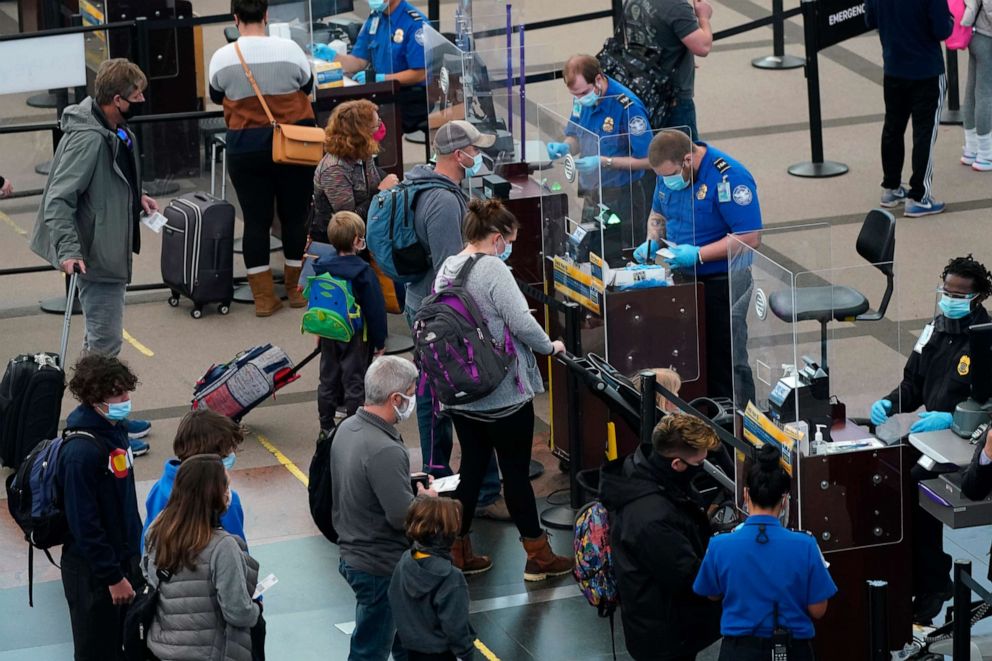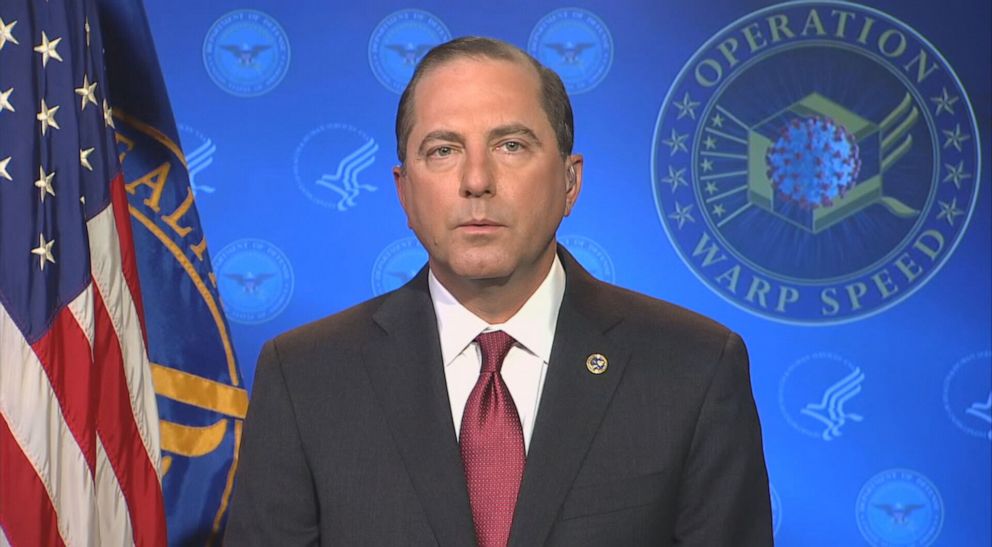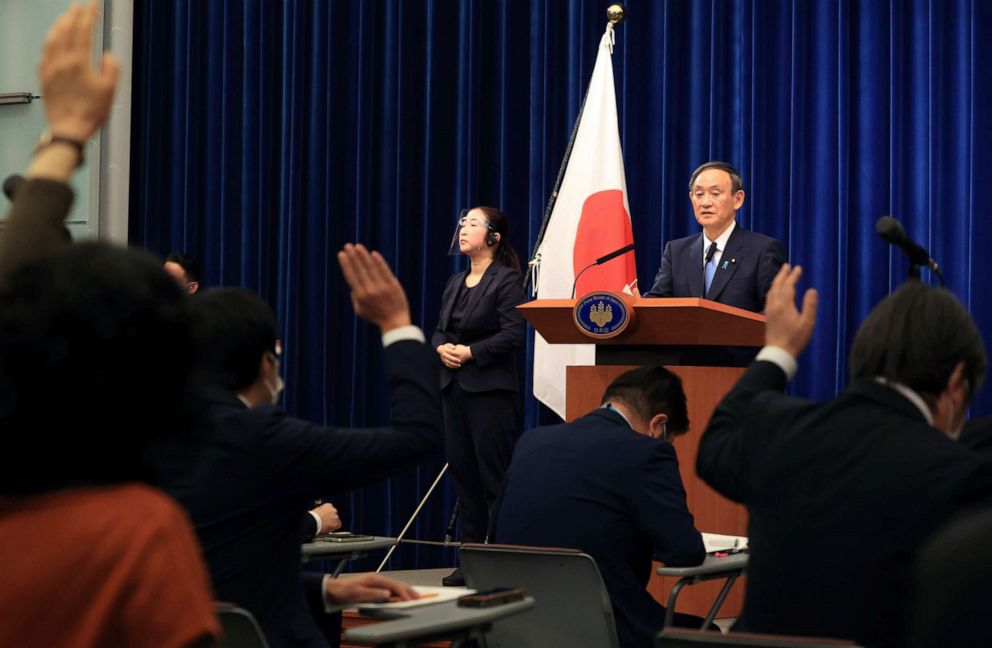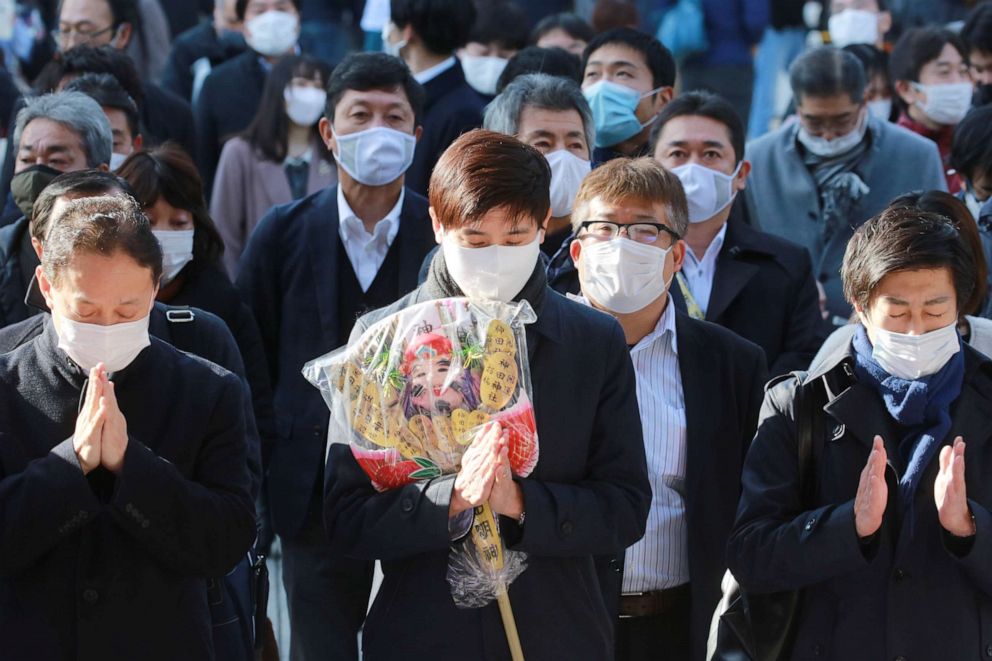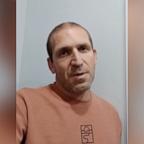Schools reopen in Kenya after nearly 10 months
Schools fully reopened across Kenya on Monday for the first time in nearly 10 months.
The Kenyan government shut down schools nationwide in March, after the East African nation confirmed its first COVID-19 case. The government reopened schools for students in grades 4, 8 and 12 who were preparing for final exams. The remainder -- some 16 million schoolchildren - were expected to return to classrooms Monday.
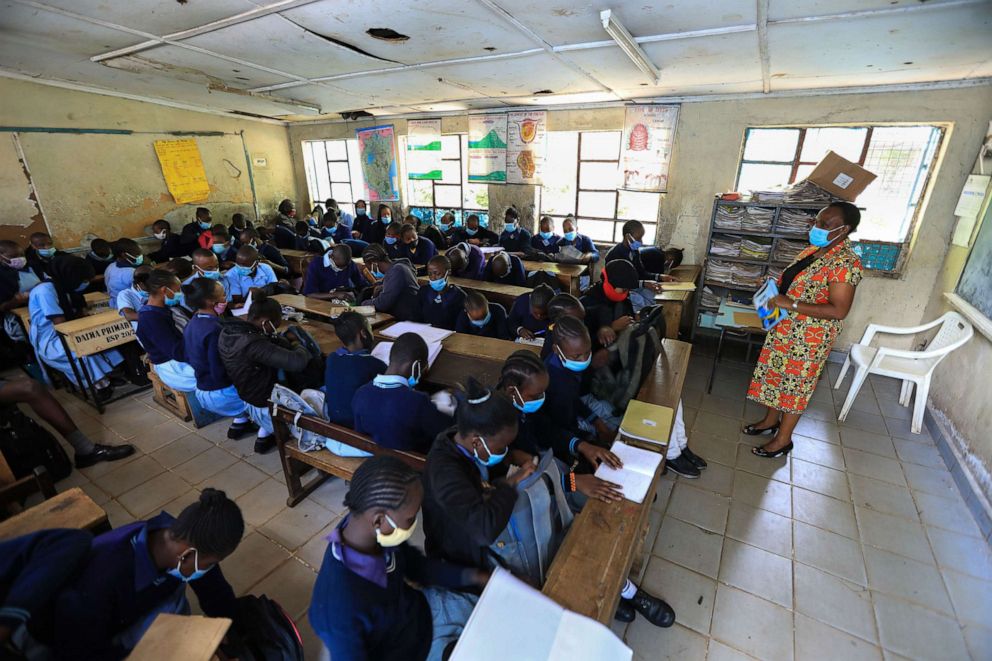
The government has asked school officials and teachers to implement public health measures, such as social distancing and hygiene guidelines, to prevent the spread of the novel coronavirus.
Still, teachers have expressed concern over the safety of their students and themselves amid the pandemic. Wilson Sossion, secretary-general of the Kenya National Union of Teachers, told BBC's "Newsday" that the level of preparation on COVID-19 safety measures ahead of the reopening was "quite inadequate."
"When you give such directives to schools and you don't give them funding," Sossion said, "how are they expected to implement?"
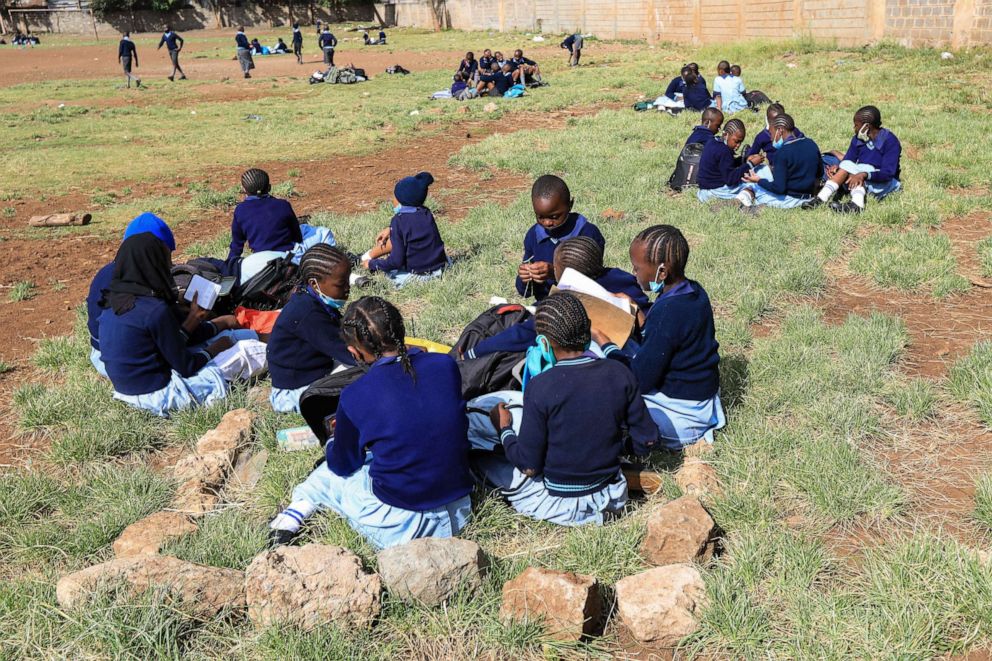
Kenya, a country of 51 million people, has reported more than 96,000 confirmed cases of COVID-19 since the start of the pandemic, including at least 1,685 deaths, according to the latest data from the Africa Centers for Disease Control and Prevention.
